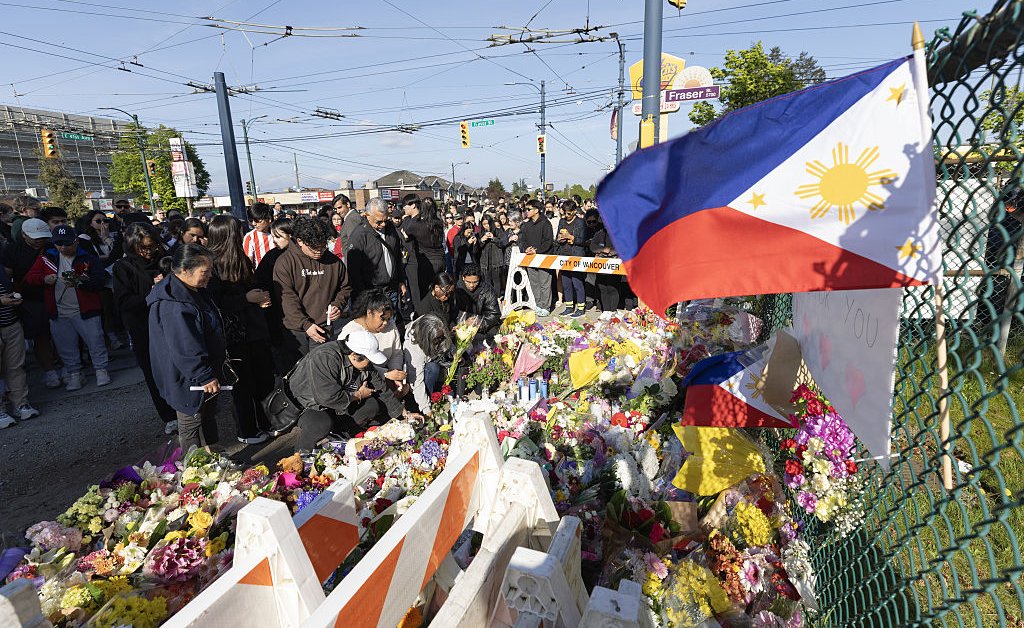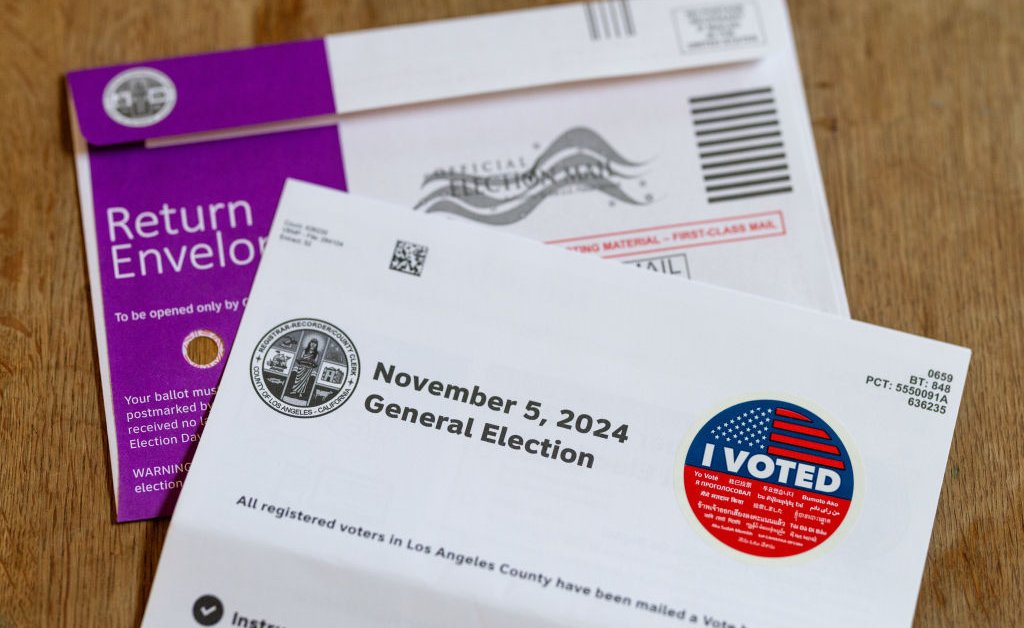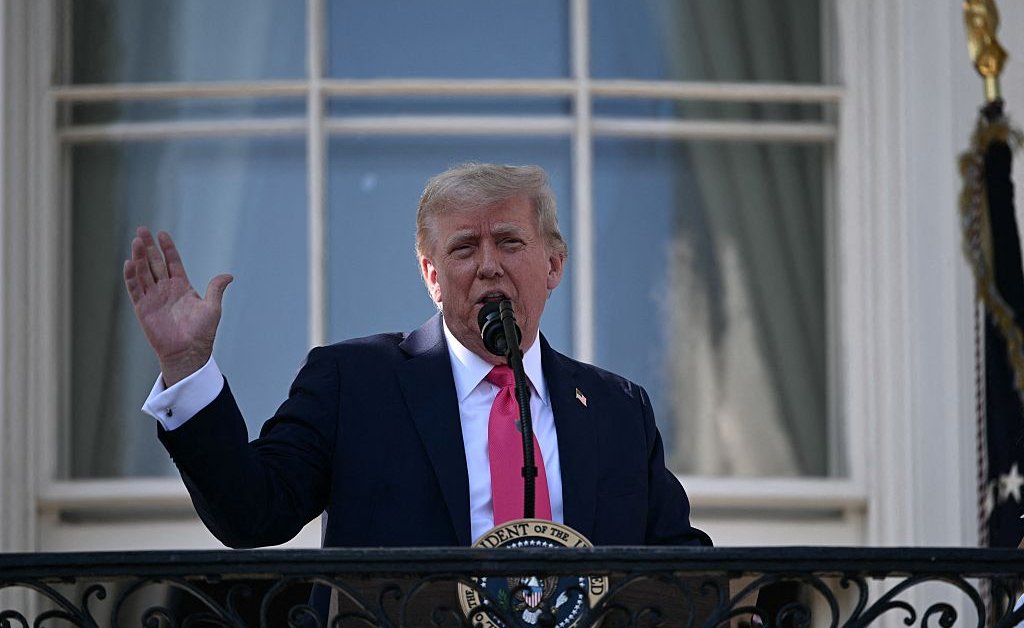A federal judge in New Hampshire on Thursday placed a temporary nationwide block on President Donald Trump’s order ending birthright citizenship, ruling that the policy would inflict “irreparable harm” and certifying a class-action lawsuit on behalf of all children who could be affected.
The preliminary injunction by Judge Joseph Laplante, an appointee of President George W. Bush, marked the first major legal test of a recent Supreme Court decision that limited the power of lower courts to issue broad injunctions. But that opinion also reaffirmed a key exception: judges may still grant nationwide relief in class-action cases, which the American Civil Liberties Union strategically invoked just hours after the Supreme Court’s decision last month.
Ruling from the bench on Thursday, Judge Laplante agreed to certify a class consisting of all children born in the United States after Feb. 20, 2025—the day after Trump signed the order—whose citizenship would be denied under the policy. He declined to include parents in the case, but said the risk to the children alone justified nationwide protection.
“This is going to protect every single child around the country from this lawless, unconstitutional and cruel executive order,” said Cody Wofsy, the lead ACLU attorney on the case, at a news conference after the hearing.
Under Trump’s executive order, birthright citizenship would be restricted to children with at least one parent who is a U.S. citizen or lawful permanent resident. Children born to undocumented immigrants, tourists, and temporary visa holders would no longer be automatically recognized as citizens, a drastic departure from the long-standing interpretation of the 14th Amendment.
Judge Laplante’s ruling blocks the policy from taking effect anywhere in the United States but includes a seven-day stay to allow the Justice Department to file an appeal. A written opinion is expected in the coming days.
The case may soon return to the Supreme Court, where the Justices could be asked to rule on whether the order complies with their decision last month limiting judges’ authority to issue nationwide injunctions.
The ACLU filed the lawsuit on behalf of a pregnant immigrant, undocumented parents, and their U.S.-born children. The complaint argued that Trump’s order could render those children “effectively stateless,” depriving them of rights, legal protections, and even recognition as Americans in the only country they have ever known.
The case is among several challenges to the birthright policy now moving through federal courts. In Washington state and Maryland, judges are considering similar requests for nationwide injunctions, including one from CASA, a nonprofit immigrant rights organization, which is seeking class certification on behalf of all impacted families.
Read more: Inside Donald Trump’s Deportation Operation
Legal scholars and immigrant rights advocates have described Trump’s executive order as an unprecedented attempt to rewrite constitutional guarantees. For more than a century, the Supreme Court has held that virtually all children born on U.S. soil are entitled to citizenship, regardless of their parents’ status.
“The deprivation of U.S. citizenship and an abrupt change of policy that was longstanding,” Judge Laplante said. “That’s irreparable harm.”
At a press conference after the Supreme Court’s ruling, Attorney General Pam Bondi criticized what she called “rogue district court judges” for “trying to undermine the Supreme Court’s authority.”
“Active liberal judges have used these injunctions to block virtually all of President Trump’s policies,” Bondi said. “The judges have tried to seize the executive branch’s power and they cannot do that, no longer, no longer.”








